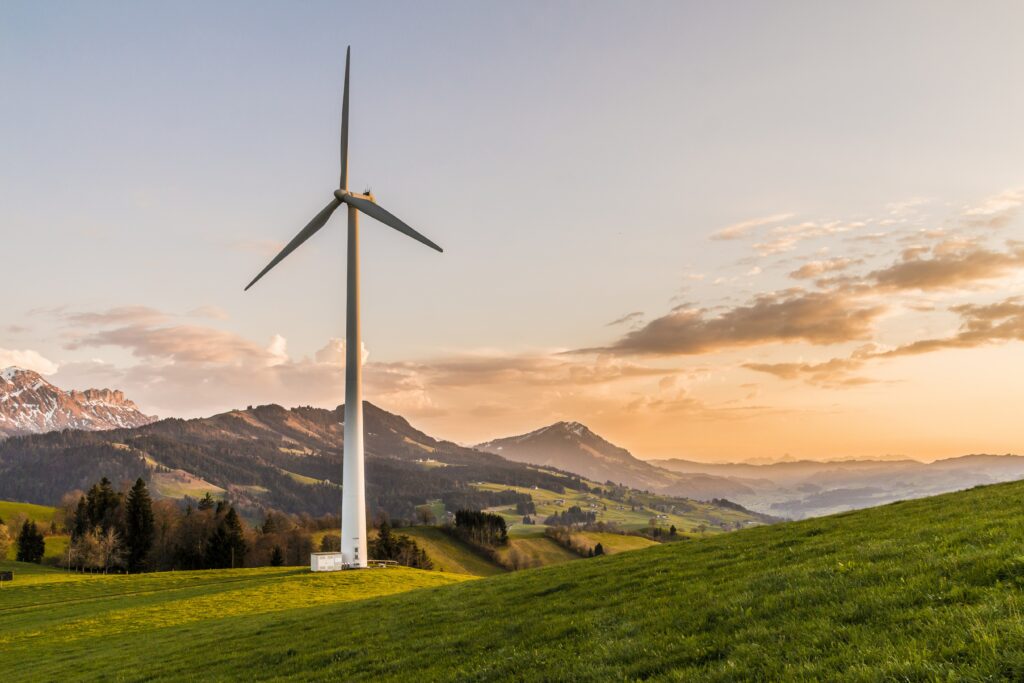It’s been said that South Africa is unable to help reduce global warming and that it would be economically unfeasible. But the potential implications of having this mindset are so hugh that doing nothing would be a serious mistake.
Even though we are behind northern European countries we must keep in mind that they have had the opportunity to plan for longer, have already completed their industrialization, and are on a different economic cycle to us. This is however no reason why we should not implement South Africa’s well-documented climate change commitments.
South Africa has a long-term dependency on fossil fuels, and these are declining in their ability to deliver. Our economic downturn is suppressing energy demand, but the nation is still increasing its carbon emissions every year. What South Africa needs to link itself to is a peak-plateau-decline trajectory and we haven’t initiated the plateau yet.
By weaning itself off fossil fuels, South Africa’s economy will liberate itself. We have one of the best solar climates in the world. And so we need to see a ramp-up of large, medium and small-scale renewable energy systems coming online.
And the single step of implementing feed-in tariff and net metering systems will encourage this meaningful crowd-sourced participation of the private sector. This will unlock the capacity of PV installations of all sizes by having them feed in any extra electricity generated into the grid, he explains.
It will greatly assist in implementing our national commitments towards helping to keep the global warming range below 2˚C above pre-industrial levels. This average rate of temperature change will determine the likelihood of South Africa’s future ability to compete in the global economy as an increase of 2˚C translates up to 4˚C for South Africa by the end of the century.
Prevention is better – and far cheaper – than cure and so seperatingseparating South Africa’s carbon footprint from electricity generation and implementing other effective mitigation measures will reduce South Africa’s inevitable environmental impact and so make it easier to adoapt to a climate that is not as hot, dry or erratic.
Eskom is separating out its three functions, the generation, distribution and transmission of electricity, into different companies. Transparent processes and management protocols will be required to allow other power generators to share transmission infrastructure and create the healthy competition required to drive down the price of electricity.
Beyond guarding against the day of an insolvency or technical failure at Eskom which threatens to cripple the country, civil action organisation OUTA rightly points out that these measures will significantly contribute towards limiting price increases, avoiding rolling blackouts and allow municipalities to buy directly from independent power producers.
Effective competition to generate and supply electricity will accelerate the decoupling of South Africa’s economic growth from harmful environmental impacts. And this may well usher in a plateau period of carbon emissions, followed by a decline, and all the while a clean, cheap supply of electricity will lower the cost of doing business and fuel economic growth and job creation. The GBCSA represents South Africa’s green building sector and is on hand to assist all stakeholders to transition towards a sustainable operating environment.
By Grahame Cruickshanks, Green Building Council SA Managing Executive: Market Engagement Executive.



